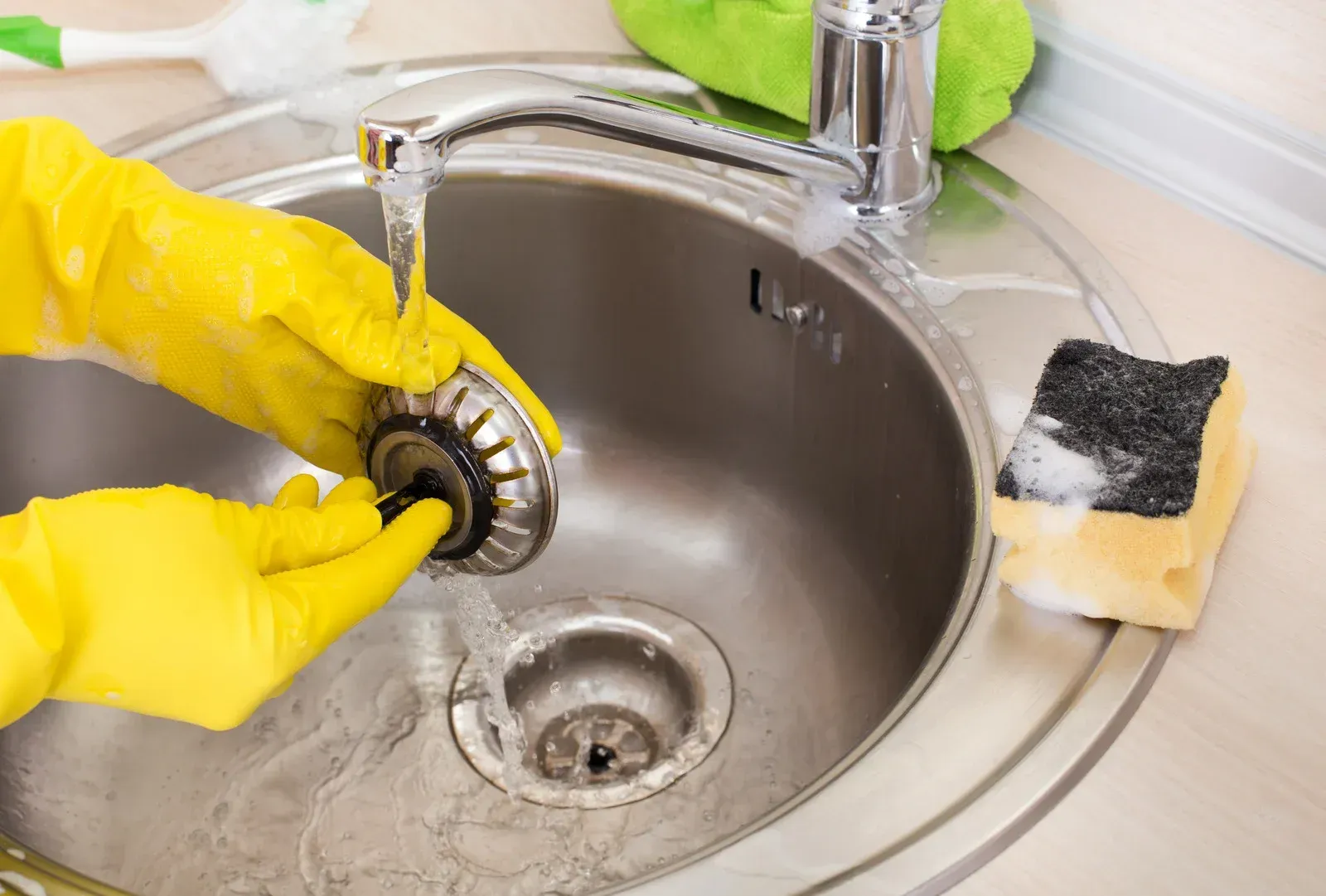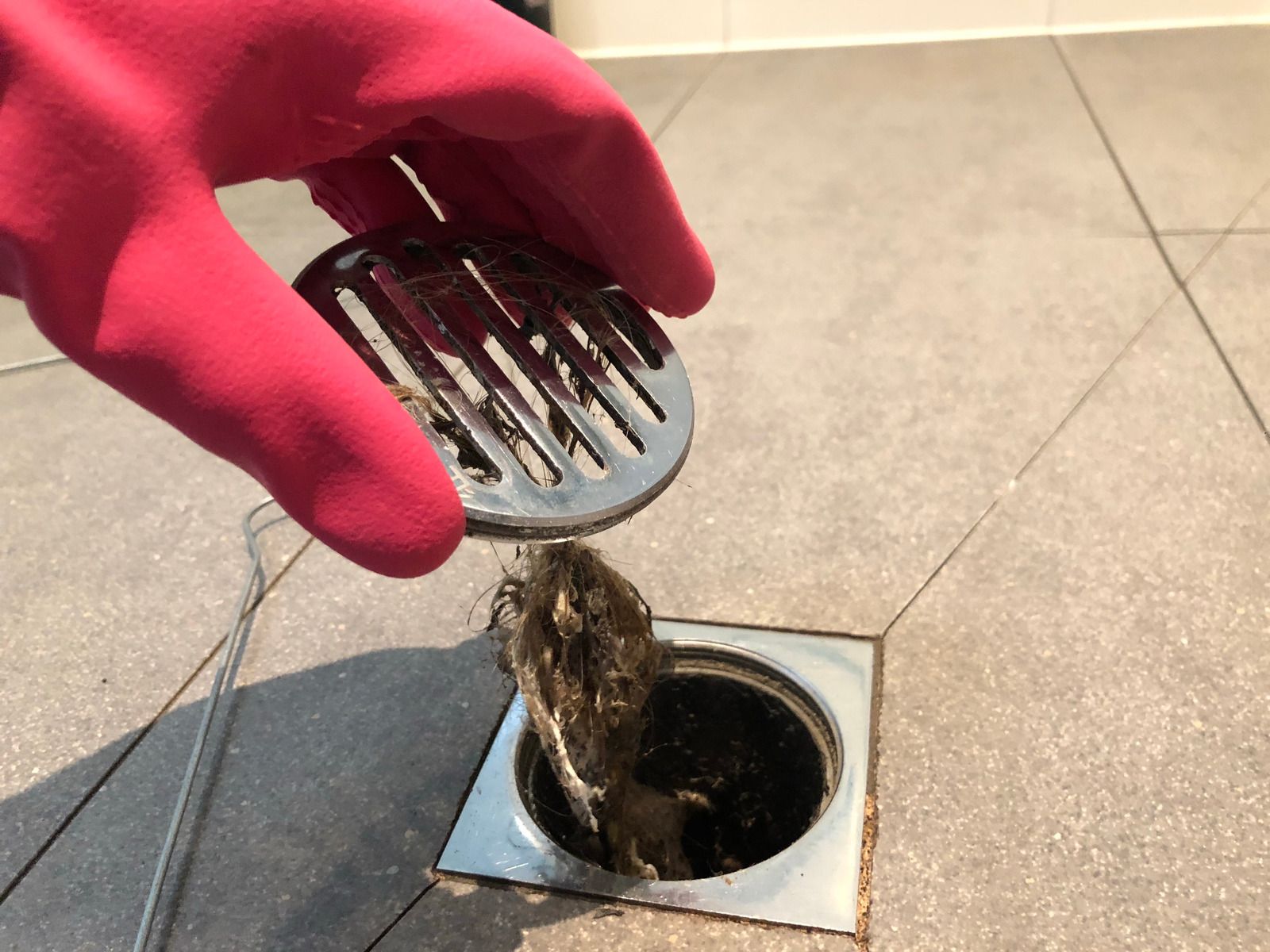When You Should Replace That Old Water Heater: The Ultimate Guide
Many homeowners rely on their water heater every day, yet few notice when signs of failure begin to appear, which can result in stress, high bills, and even water damage. As time passes, the unit works harder, becomes less efficient, and may show symptoms like strange noises, rusty water, or minor leaks. These warning signs often mean that the system is near the end of its life and needs replacement.
Instead of waiting for a complete breakdown, knowing what to look for helps you act early and avoid unnecessary repairs or emergency situations. With daily comfort depending on hot water, staying ahead of problems ensures peace of mind, lower costs, and steady performance throughout the year.
Age of the Heater
Most residential water heaters last around eight to twelve years, and after this period, the system starts losing efficiency and becomes more likely to fail. If your unit is over ten years old, you should check the manufacturer’s label to confirm its age and consider a replacement.
Aging heaters often cause trouble without warning, and older models use more energy than newer ones. Upgrading early helps you save on future repair costs and gives you access to better energy savings.
Rust in Water
If hot water looks discolored or smells metallic, rust inside the heater may be the cause, and this signals internal damage that cannot be repaired. While the issue may seem small at first, rust often spreads quickly and leads to leaks.
You can confirm the source by comparing hot and cold water; if only the hot water appears rusty, the heater is likely the problem. Replacing the unit at this stage prevents water damage and protects your plumbing system.
Water Around the Base
Any moisture or puddles near the base of your heater should not be ignored, as they often indicate cracks or internal leaks within the tank. Small leaks can quickly turn into larger problems, especially when pressure builds up inside the system. Although fittings and valves can leak, water on the floor points to serious damage that requires full replacement. Acting early keeps your home safe and dry.
Strange Noises
Unusual sounds such as banging, popping, or rumbling often result from sediment buildup inside the tank, which blocks heat transfer and increases pressure. As the layer thickens, it stresses the heater and reduces efficiency. Noisy operation is not just annoying; it means the unit is working harder and nearing failure. If sounds continue, installing a new heater may be the best option.
Higher Energy Bills
When your energy bills rise without changes in water use, your heater may be the reason. As parts wear down and sediment increases, the system requires more power to heat the same amount of water. This extra energy use adds to your costs each month. Replacing an old heater with a newer, more efficient model helps reduce waste and lower expenses over time.
Pipe Cleaners Plumbing
offers professional
water heater installation
in Carteret County, North Carolina, helping you upgrade before problems increase, so your home stays protected and your hot water needs are always met without delay.



